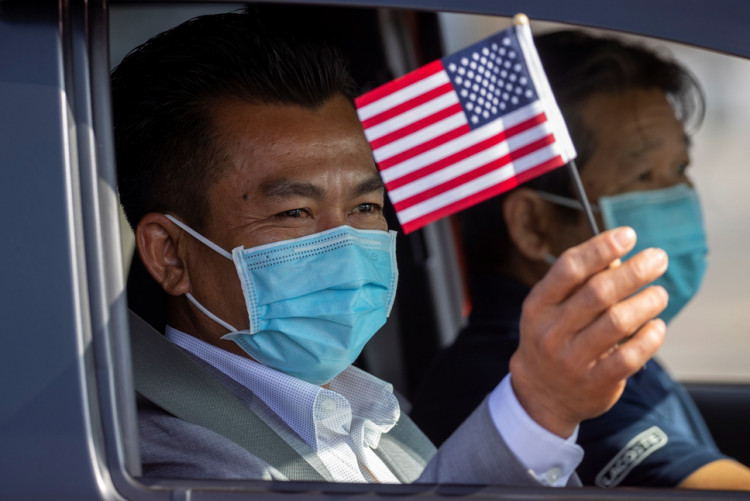The U.S. Citizenship and Immigration Services (USCIS) has announced an extension of work permits for migrants from El Salvador, Honduras, and Nicaragua under the Temporary Protected Status (TPS) designation. This extension, which now expires between March and July 2025 depending on the nationality, impacts over 300,000 immigrants from these countries, as well as those from Nepal and Sudan.
TPS provides temporary legal status to nationals of countries experiencing armed conflict, natural disasters, or other extraordinary conditions that make it unsafe for them to return. The extension will allow these individuals to continue living and working in the United States without fear of deportation.
"Temporary Protected Status has been a lifeline for hundreds of thousands of immigrants who have built their lives here," said a USCIS spokesperson. "This extension reflects the ongoing challenges in their home countries that prevent safe return."
Currently, nearly 1.2 million of the approximately 21.6 million noncitizen immigrants in the U.S. are either receiving or eligible for TPS. The federal government offers TPS to immigrants from nations deemed unsafe to return to due to crises such as war or natural disasters. Since President Biden took office in 2021, the scope of TPS has been significantly expanded to include more countries and to extend the duration of protection.
TPS can be granted for up to 18 months and can be extended repeatedly if conditions in the home country remain dangerous. Beneficiaries of TPS live across all 50 states, with the largest populations in Florida, Texas, California, and New York, according to the Pew Research Center.
Many TPS holders have been in the U.S. for decades, long before the current administration. For example, migrants from Honduras and Nicaragua have been eligible for TPS since the aftermath of Hurricane Mitch in 1998, provided they have been residing in the U.S. since December 30 of that year. Similarly, protections for Salvadoran immigrants apply to those who have been in the U.S. since February 13, 2001, following devastating earthquakes in El Salvador.
Venezuela is among the most recent additions to the list of TPS-eligible countries. First designated in 2021, TPS for Venezuelans has been extended multiple times due to the ongoing humanitarian, political, and economic crises in the country. The Department of Homeland Security continues to cite these crises as the primary reasons for maintaining and extending TPS for Venezuelan nationals.
The extension of TPS reflects the Biden administration's broader immigration policy, which aims to provide stability and protection for immigrants facing dire conditions in their home countries. However, the administration faces ongoing challenges and criticisms regarding its overall handling of immigration issues.
"While this extension is a positive step, much more needs to be done to address the broader immigration system," said an immigration policy analyst. "The long-term goal should be to provide a pathway to permanent residency and citizenship for these individuals who have become integral parts of our communities."
The extension of TPS is not just a matter of legal status but also has significant economic implications. Many TPS holders are essential workers who contribute to various sectors of the economy, including healthcare, construction, and agriculture. The ability to work legally ensures that they can continue to support themselves and their families, both in the U.S. and abroad.
Despite the benefits, the temporary nature of TPS means that recipients live with uncertainty about their long-term future in the U.S. Immigration advocates argue that more permanent solutions are needed to ensure stability for these individuals and their families.
The Biden administration's approach to TPS has been more expansive compared to previous administrations, reflecting a commitment to humanitarian principles. However, it remains to be seen how these policies will evolve in the face of political pressures and legal challenges.






